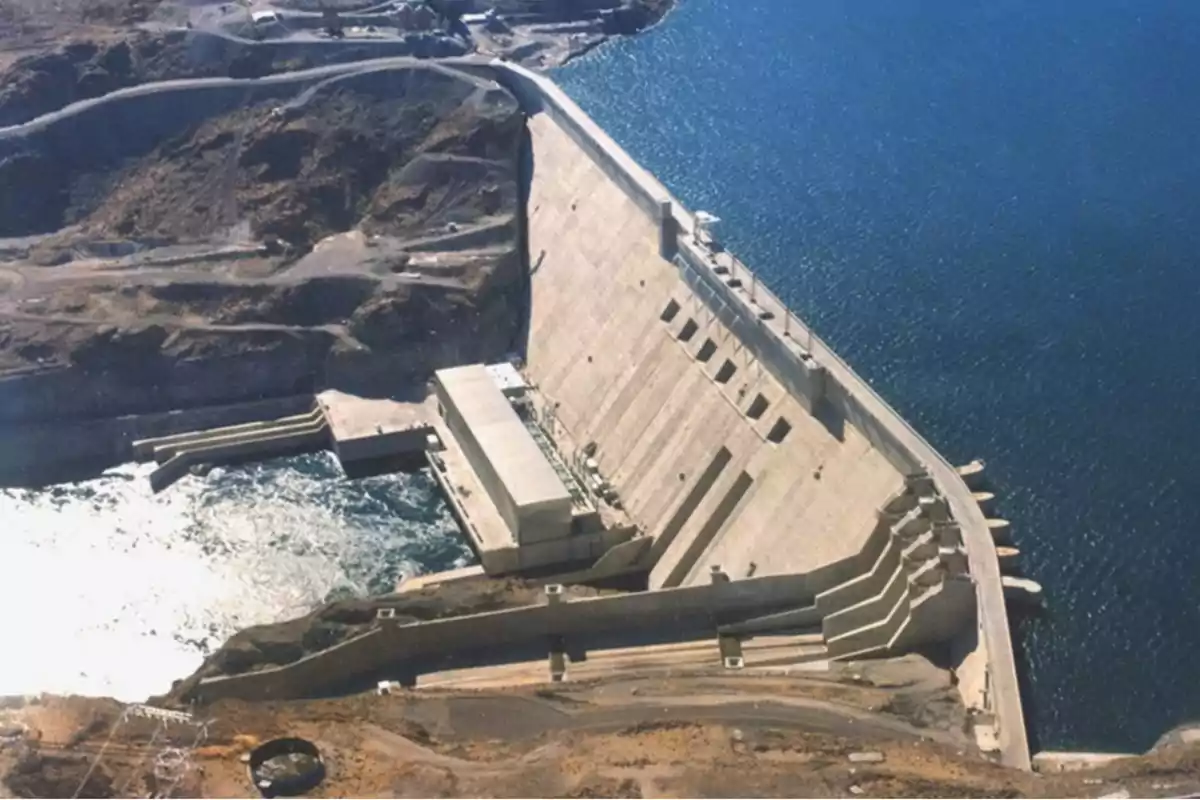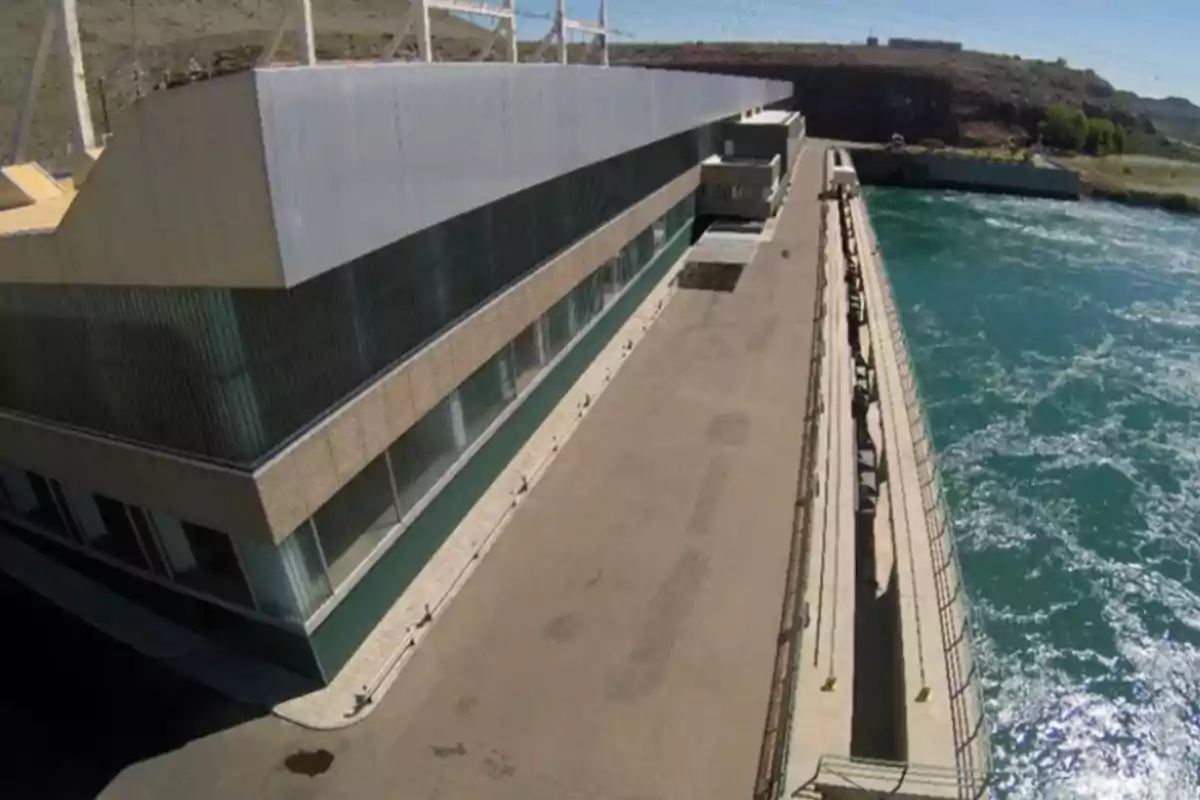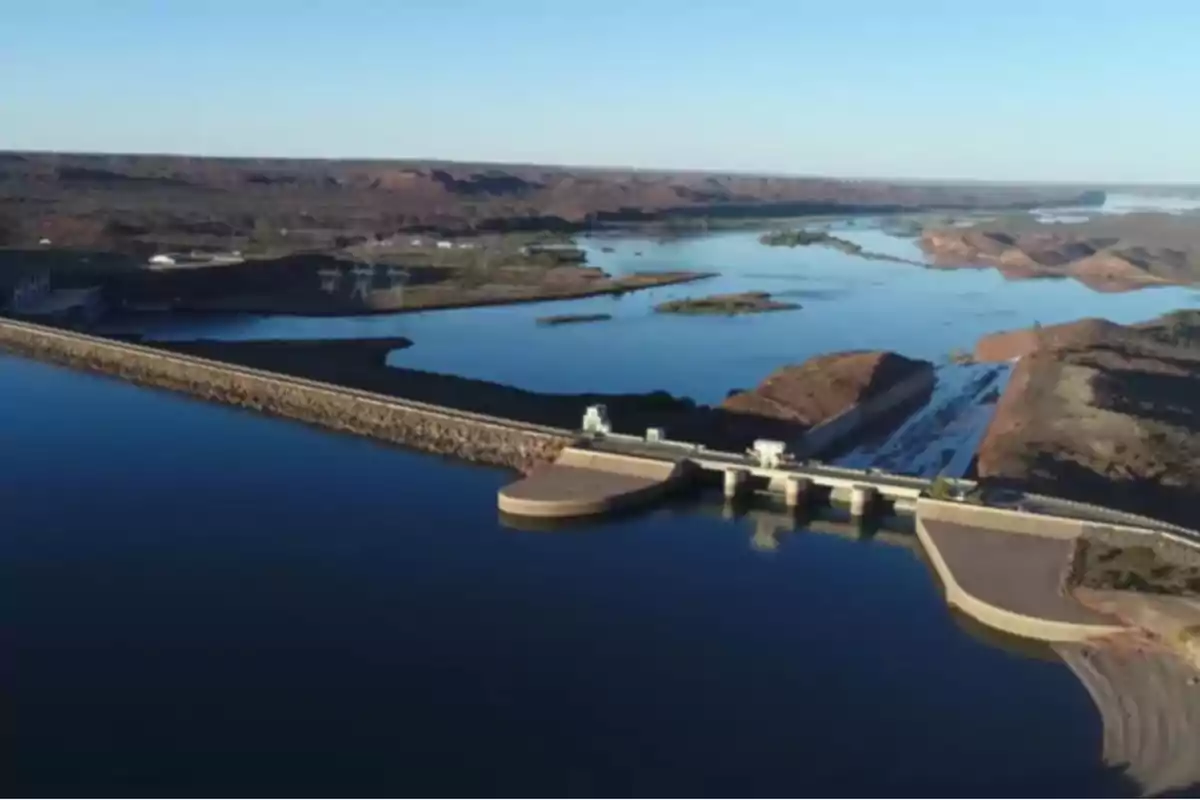
Privatization of Comahue: Caputo expects to raise 500 million USD from the dams
The tender will include four hydroelectric power plants in Neuquén and Río Negro
Economy Minister Luis Caputo confirmed that the national government projects raising between USD 400 and USD 500 million with the privatization of the Comahue dams. The tender will be published in the coming days and will seek to transfer the share package to new private operators.
The plants involved are Alicurá, El Chocón-Arroyito, Cerros Colorados, and Piedra del Águila, located on the Limay and Neuquén rivers. Currently, they are operated by companies such as AES, Enel, Aconcagua, and Central Puerto. The original concession was granted in 1993 and expires next August.
Contributions to BCRA reserves
The privatization is part of the government's plan to generate foreign currency income to strengthen the Central Bank's reserves. "It's part of the broader plan to generate genuine dollars," Caputo explained in a recent interview.

The Ministry of Economy seeks to replicate a scheme similar to that of the 1990s: 30-year concession, state control, and private management. The goal is to complete the process before August 11, the deadline for the current temporary extension.
Agreement with the provinces: fee for water use
The initiative caused tensions with the governments of Neuquén and Río Negro, which initially reported a lack of consultation. Both provinces demanded greater participation in the process, since the dams are located within their territorial boundaries.
According to Econojournal, the political negotiation managed to unlock the conflict. It was agreed that the provinces would each receive a 1% fee for water use, one of the main local demands.
"It's important that the water resource doesn't remain solely in the hands of the national government or private entities," argued the governors, who also requested the inclusion of environmental criteria and compensation mechanisms.
New stage: sustainability and environmental control
The Energy Secretariat is working on the bidding documents that will define the technical, economic, and environmental profile of the new concessions. The scheme will include sustainability criteria and stricter control over reservoir levels and the environmental impact of the activity.

In addition, the process will involve technical coordination between current and future operators to guarantee the continuity of electricity supply.
The four dams represent between 10% and 15% of the national energy matrix, with a combined installed capacity of 4,170 megawatts (MW).
More dams in sight
Starting this year, another 15 hydroelectric concessions will begin to expire, with lower flow but under the same legal model as those in Comahue.
The government plans to apply a similar scheme to those units, with an orderly transition logic and operational continuity.
More posts: